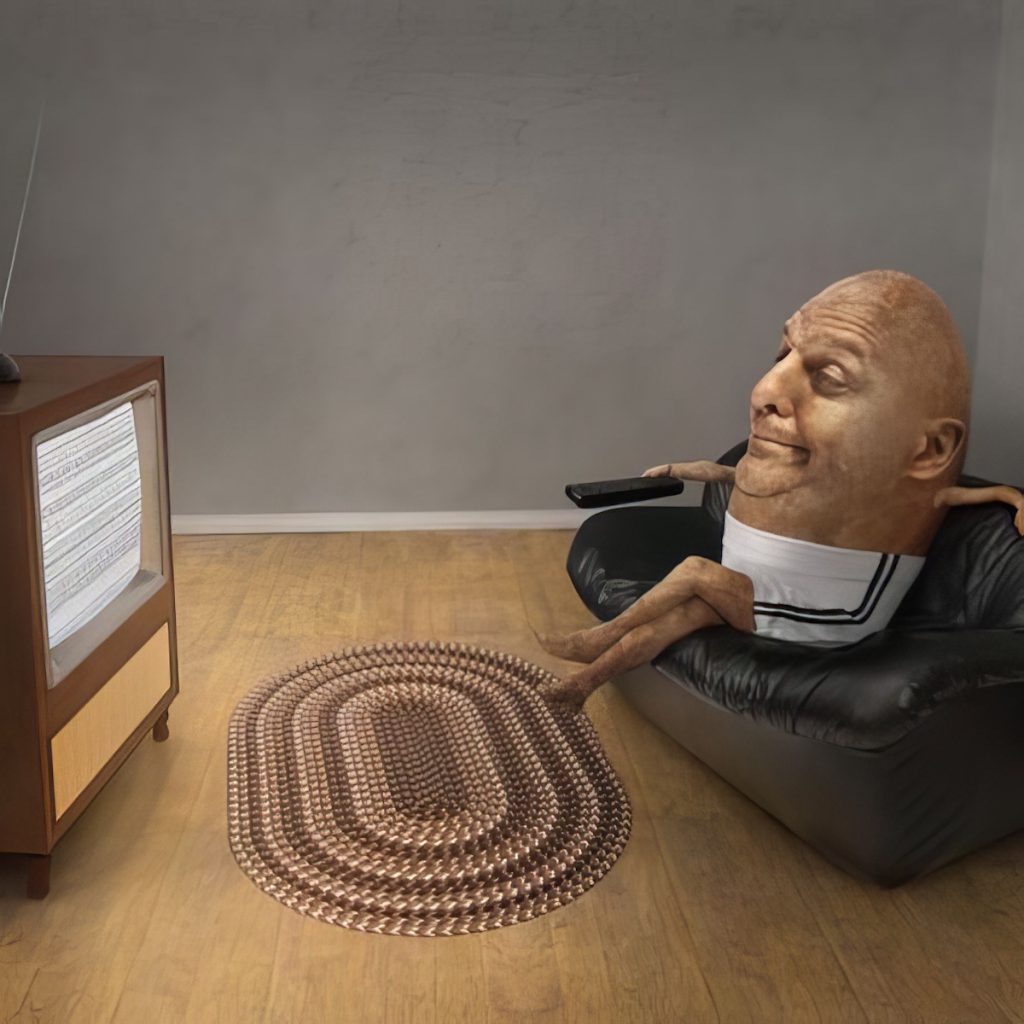What Does “Couch Potato” Mean & Where Does It Come From?
It’s football season, and for many of us who enjoy the game or any other sport shown on TV, we have the potential to turn into “couch potatoes.” And now there are all these great shows on cable television, like Game of Thrones, that I still need to binge-watch, meaning more time on the couch.
I’m interested in the history of idioms, especially food-related ones like “couch potato.” Where did they come from? When did they first start being used? What’s their story? I even have a post with several of them at Everyday Food Phrases Explained that I think you might enjoy.
Let’s Look at the Expression “Couch Potato”
Although many idiom scholars (are there such people?) will say, this expression was first used on July 15, 1976, by Tom Iacino, who belonged to a group of people who made fun of diets, exercise, and general good health measures and opted for watching a lot of television and eating a lot of junk food. They called themselves the “boob tubers”.
The “boob” comes from the expression “boob tube,” a popular expression I heard my father say to me way too often, “Gary, turn off that stupid boob tube and go do your homework!”
Back then, televisions had vacuum tubes, called cathode ray tubes or CRT, used to display images. When I explained this expression to my daughter, she didn’t understand the term “boob” and thought it had something to do with the female anatomy. I explained to her the term “boob” was a word used to describe a “foolish or stupid person”.
Then Iacino did another amazing play on words where tube becomes tuber, another way we describe an everyday potato. He imagined a giant tuber (potato) hanging out on the couch watching the television (boob tube) and came up with the expression “couch potato”.
Some other people think the term potato is used because of how it looks – fat, round, shapeless – sort of what someone might look like if they spend all their time on a couch watching T.V. and eating junk food.
And then some associate the term “vegetable” or “in a vegetative state,” describing someone who is unconscious and in a coma as being a way to describe someone “vegging out” on the couch watching television. And since a potato is a vegetable, why not say someone is a couch potato?
The Official Couch Potato Handbook
In 1982, Jack Mingo wrote The Official Couch Potato Handbook—A Guide to Prolonged Television Viewing, illustrated by Robert Armstrong. According to the book, Mingo trademarked the terms “Couch Potato” and “Couch Potatoes” and copyrighted the Couch Potato Anthem, “Is There Room On the Couch For Me.”
Below, you’ll see the book’s cover, which is still available at Amazon, and a photo of the Table of Contents. Mr. Mingo put some thought into this tantalizing work of nonfiction.


In the book, starting on page 63, Jack Mingo writes about the history of the Couch Potatoes. He describes the founding members, including Tom Iacino, and how they would “get together on Thursday nights to follow the adventures of the Space Family Robinson and Dr. Zacary Smith on Lost in Space.” (One of my favorite shows at the time)
They called themselves the Lost in Space Club which eventually turned into the Couch Potatoes after Iacino coined the name. The nine members of this group watched a lot more T.V. and soon their lady friends came up with the Couch Tomatoes while watching an episode of the Mary Tyler Moore Show and “The Equal Rights to the Couch Movement” began.
Check out some more food expressions at Everyday Food Phrases Explained.








